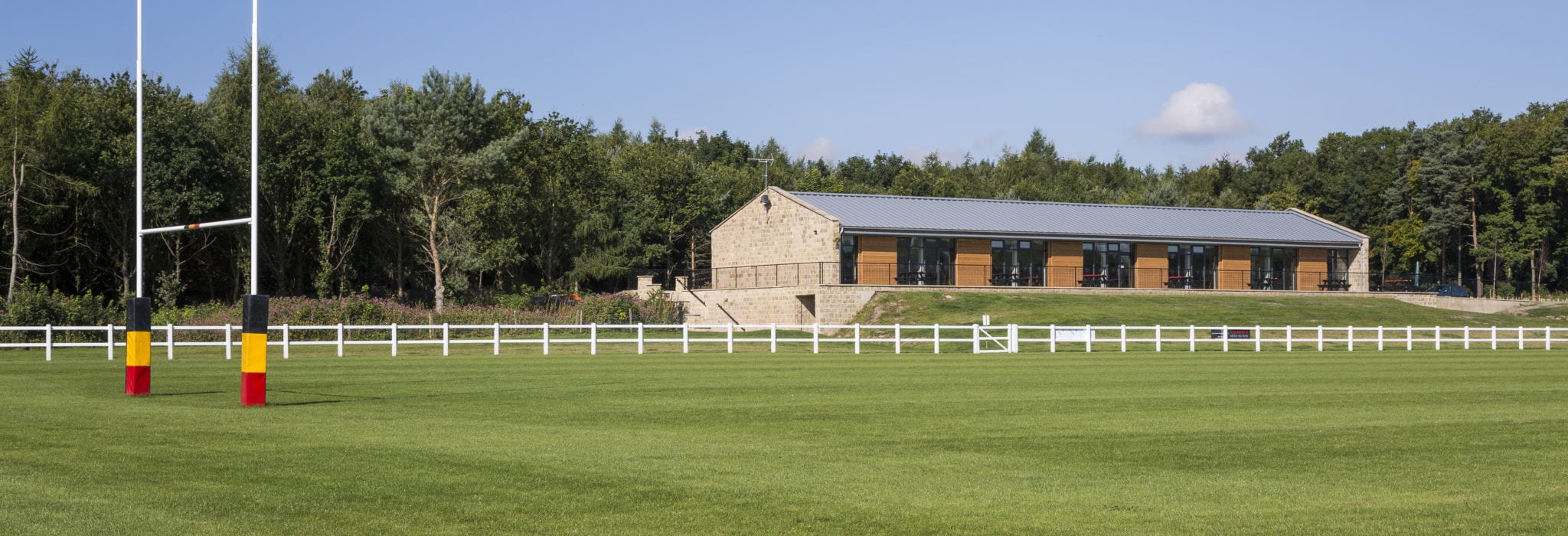Rugby Ground Insurance: Pitch, Clubhouse & Facility Protection
Rugby clubs face unique risks that require specialized insurance coverage. From pitch damage and weather-related issues to clubhouse liability and equipment protection, comprehensive rugby ground insurance ensures your club can continue operating regardless of unforeseen circumstances.
Understanding Rugby Ground Insurance Needs
Rugby grounds are complex facilities that require multi-layered insurance protection. Unlike standard commercial properties, rugby clubs face specific risks including:
- Pitch and Playing Surface Damage: Weather damage, vandalism, or accidental damage to playing surfaces
- Clubhouse and Building Risks: Fire, flood, theft, and structural damage to club facilities
- Public Liability: Injuries to players, spectators, or visitors on club premises
- Equipment and Property: Theft or damage to goalposts, maintenance equipment, and club property
- Business Interruption: Loss of income from cancelled matches, events, or facility hire
Pitch Protection Coverage
The rugby pitch is the heart of any club, and protecting this valuable asset is crucial for continued operations.
Weather-Related Damage
Rugby pitches are particularly vulnerable to extreme weather conditions. Comprehensive coverage should include:
- Flood damage and waterlogging
- Frost damage to grass surfaces
- Storm damage including drainage system repairs
- Drought-related surface damage
Vandalism and Malicious Damage
Unfortunately, sports facilities can be targets for vandalism. Coverage should protect against:
- Deliberate damage to playing surfaces
- Graffiti removal and surface restoration
- Damage to pitch markings and goal areas
- Repair costs for irrigation and drainage systems
Accidental Damage
Even with careful maintenance, accidents can occur. Protection includes:
- Vehicle damage from maintenance equipment
- Contractor damage during facility improvements
- Utility damage affecting pitch conditions
Clubhouse and Facility Insurance
Rugby clubhouses serve multiple functions as social hubs, changing facilities, and event venues, requiring comprehensive building coverage.
Building and Contents Coverage
- Structural Protection: Fire, flood, storm, and impact damage to clubhouse buildings
- Contents Insurance: Furniture, fixtures, bar equipment, and club memorabilia
- Kitchen and Catering Equipment: Commercial-grade equipment used for events and match days
- Changing Room Facilities: Lockers, benches, shower facilities, and heating systems
Specialized Equipment Coverage
Rugby clubs invest heavily in specialized equipment that requires specific protection:
- Goalposts and rugby posts
- Line marking equipment
- Pitch maintenance machinery
- Training equipment and tackle bags
- Scoreboard and timing equipment
- Floodlighting systems
Liability Protection for Rugby Clubs
Rugby clubs face significant liability exposures due to the physical nature of the sport and public access to facilities.
Public Liability Insurance
- Spectator Safety: Injuries from seating, barriers, or facility defects
- Visitor Protection: Accidents involving non-members using club facilities
- Event Liability: Coverage for club events, tournaments, and social functions
- Car Park Incidents: Vehicle damage or personal injury in club car parks
Employers Liability
For clubs with paid staff, groundskeepers, or coaches:
- Workplace injury protection
- Equipment-related accident coverage
- Professional coaching liability
Product Liability
Clubs serving food and beverages need protection against:
- Food poisoning claims
- Allergic reaction incidents
- Defective product claims
Business Interruption Insurance
When facilities are damaged or unusable, clubs face significant financial losses beyond repair costs.
Loss of Income Protection
- Match Day Revenue: Gate receipts, bar sales, and catering income
- Facility Hire: Lost income from pitch hire, function room bookings
- Membership Fees: Potential refunds or reduced renewals due to facility unavailability
- Sponsorship Impact: Reduced exposure affecting sponsorship agreements
Additional Expenses
Coverage for costs incurred to minimize business interruption:
- Alternative venue hire costs
- Temporary facility setup expenses
- Additional advertising to maintain member engagement
- Professional fees for emergency repairs
Seasonal Considerations
Rugby clubs face varying risks throughout the year, requiring flexible coverage options.
Playing Season Risks
- Increased pitch wear and damage
- Higher spectator numbers and liability exposure
- Equipment theft during active periods
- Weather-related match cancellations
Off-Season Protection
- Vandalism risks during quiet periods
- Maintenance and improvement project coverage
- Reduced security presence vulnerabilities
- Alternative facility use arrangements
Risk Management for Rugby Clubs
Effective risk management can help reduce insurance costs and improve club safety.
Facility Maintenance
- Regular pitch inspections and maintenance schedules
- Proper drainage system maintenance
- Building safety checks and repairs
- Equipment servicing and replacement programs
Security Measures
- CCTV systems and lighting
- Secure storage for valuable equipment
- Access control systems
- Regular security patrols
Safety Protocols
- First aid training and equipment
- Emergency evacuation procedures
- Incident reporting systems
- Regular safety audits
Choosing the Right Rugby Ground Insurance
Selecting appropriate coverage requires careful consideration of your club's specific needs and risks.
Coverage Assessment
- Facility Valuation: Accurate assessment of buildings, equipment, and pitch value
- Risk Analysis: Identification of specific risks based on location and activities
- Income Assessment: Evaluation of potential business interruption losses
- Legal Requirements: Compliance with league, union, and local authority requirements
Policy Features to Consider
- Adequate coverage limits for all assets
- Appropriate excess levels
- Seasonal adjustment options
- New for old replacement coverage
- Legal expenses protection
- Crisis management support
Claims Support and Management
When incidents occur, effective claims management is crucial for quick resolution and minimal disruption.
Emergency Response
- 24/7 claims reporting
- Emergency repair authorization
- Specialist contractor networks
- Temporary facility arrangements
Claims Process
- Dedicated claims handlers
- Expert loss adjusters
- Regular progress updates
- Settlement efficiency


 0330 127 2333
0330 127 2333
